Posted: 5th January 2018 | Back to news feed
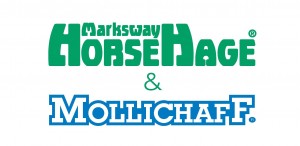
Here’s a heart-warming tale about a little donkey belonging to John Nuttall, whose award-winning donkeys can be seen on the Lincolnshire beaches of Skegness, Cleethorpes and now Mablethorpe.
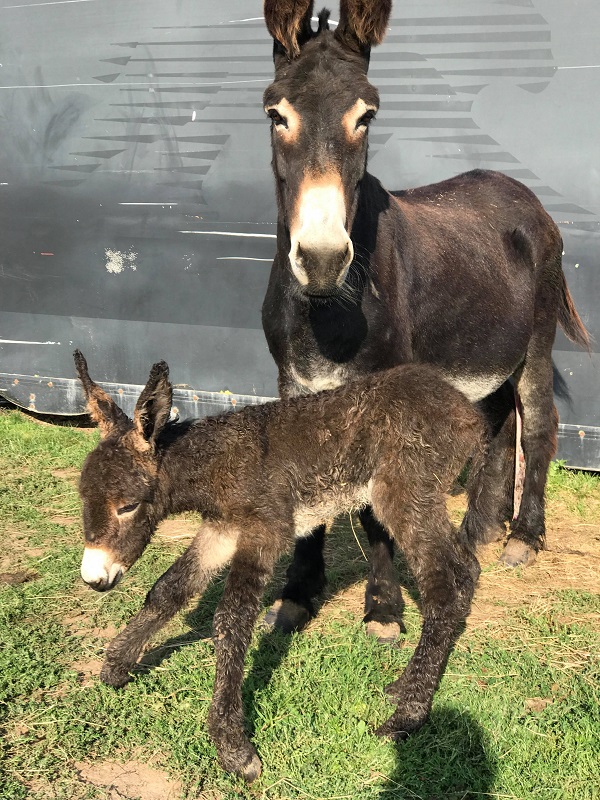
The little donkey was due to be born in August 2017 and the Nuttall family was very excited at the forthcoming arrival of a donkey foal from one of their favourite donkey mares and their coloured jack donkey, Tyson. Donkey mares are pregnant for a long time – around 11 to 14 months and so this foal had been eagerly awaited. The stable was ready for the birth and a camera was set up so they could keep an eye on things. But once the foal was born and checked over, John soon realised there was a problem. The foal’s front legs weren’t straight and bent round so he was unable to walk and stand properly. This meant that he couldn’t stand up to suckle from his mother and in a newly born foal, this is a serious problem.
John realised he would have to hand rear the little chap, who the family named ‘Twister’ and knew that in the middle of the seaside donkey-ride season, this would be no easy task.
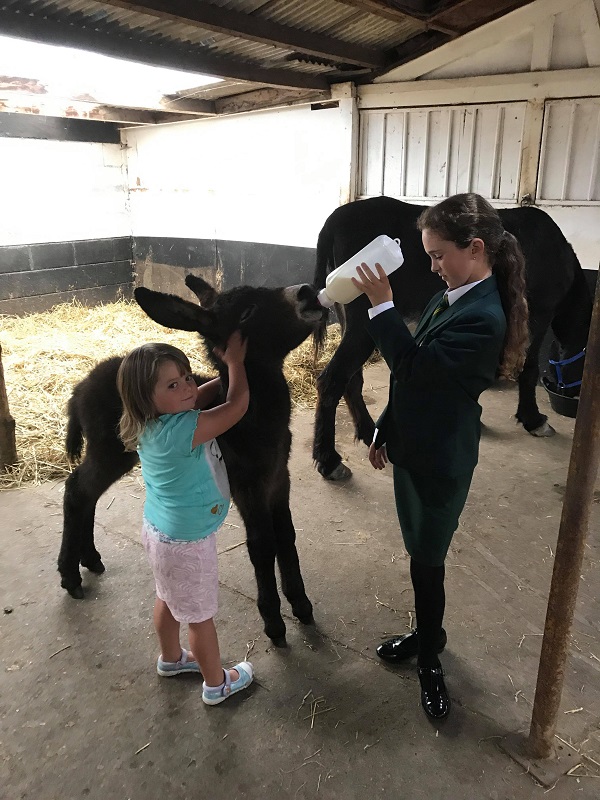
John had to milk Twister’s mother and bottle feed Twister by hand around every three hours, including three feeds through the night. At the same time John was also working all day at the beach and was exhausted. There never seemed to be enough bottles so he had to improvise using plastic soft drinks bottles with a teat on, but little Twister soon got the hang of it.
In addition to the hand feeding, there was also the actual problem with Twister’s legs to address, so veterinary help was called in straight away. The problem was confirmed as retracted tendons and special padded splints were applied to hold Twister’s front legs in the correct position and to keep them straight enough for him to be able walk on his toes. This allowed his tendons to stretch so that eventually the problem would be corrected. The padded splints had to be applied very carefully so they were supportive but not too tight and needed to be removed and assessed regularly to avoid pressure sores occurring and so, of course, this added to the list of tasks to be done.
A couple of dealers John knew through the donkey business thought he was crazy, taking on a deformed colt that was worth nothing and suggested he just let him die and buy another, but John was determined that Twister would survive and wanted to try his very best for him.
John worked hard to tend to Twister and kept up with the feeds through the height of the summer season with help from his family, and his commitment paid off. The pair now have a very special bond with each other and thankfully, Twister responded really well to the treatment. Three months on, he is growing into a healthy and strong, young donkey, who can now gallop around the fields just like the other donkeys.
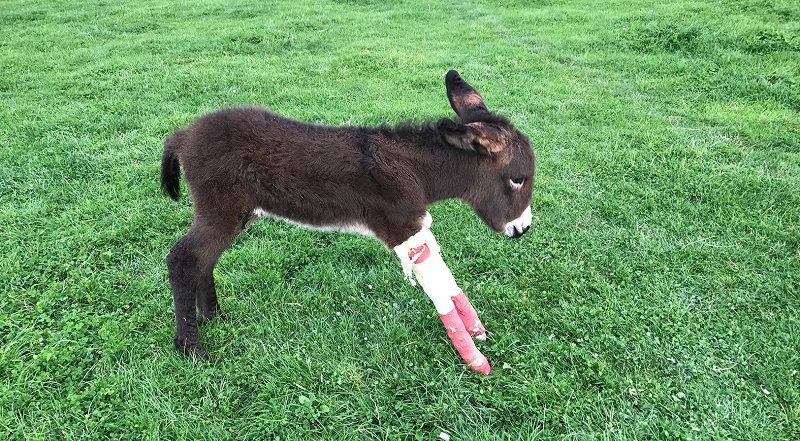
All John’s donkeys are fed on Mollichaff Donkey which is a fibre-based complete feed specially formulated for donkeys and is low in starch and sugar. When fed a at the recommended level, it needs no further supplementation other than good quality forage or it can be used as a total forage replacer. It contains a broad spectrum vitamin and mineral supplement which includes magnesium and limestone, and is made from a balanced blend of dried grass, fibre pellets, oat straw and soya oil with camomile, mint and lemon balm. Donkeys can eat adult food from around a month old but still require their mother’s milk which contains vital nutrients and Twister already enjoys tucking into his Mollichaff Donkey each day.
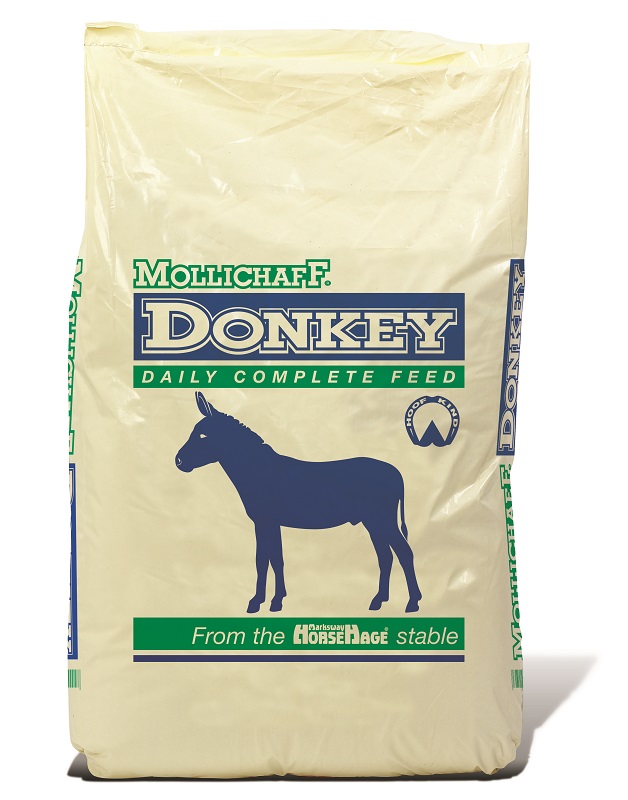
For further information or for advice on feeding, please ring the HorseHage Helpline on 01803 527274 or visit www.horsehage.co.uk
The Equestrian Index newsfeed is compiled from articles submitted by advertising members and expresses the opinions of those members. Watsons Directories Ltd shall not be held liable for any inaccuracies or mis-statements therein.